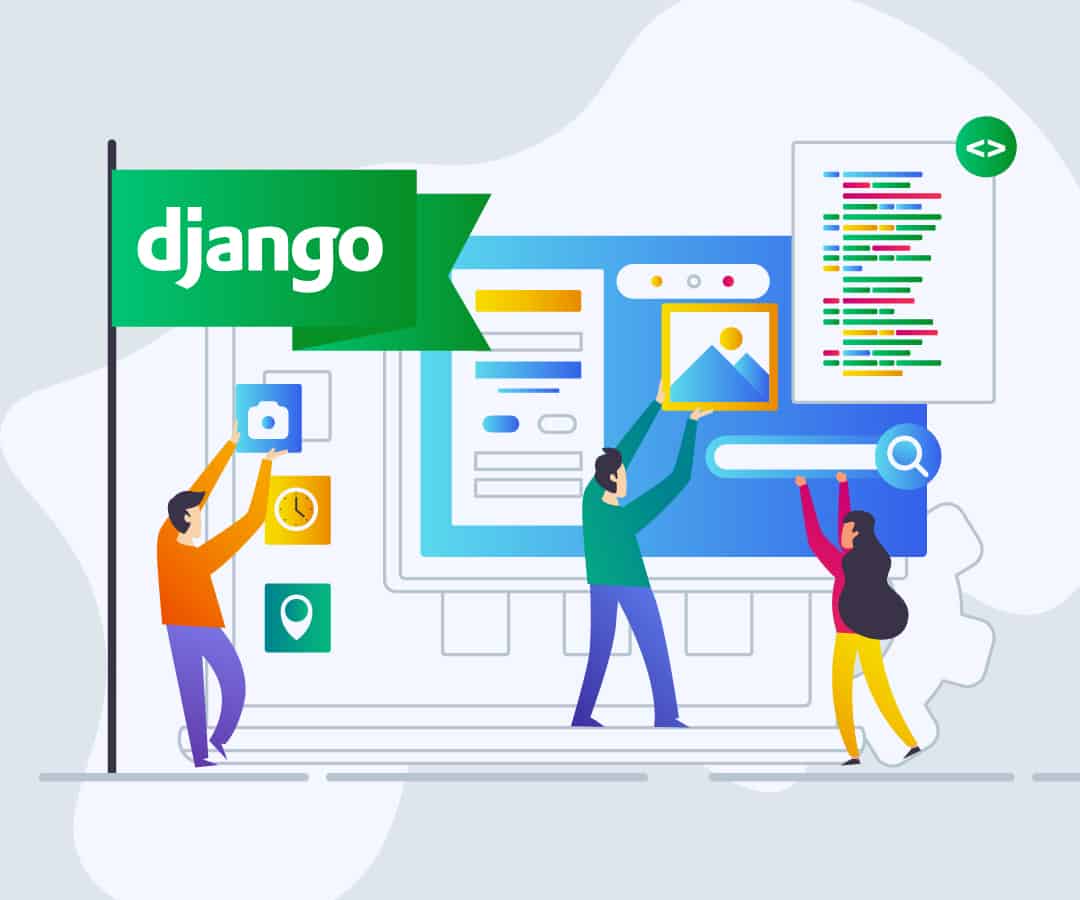Index Surge: Amplifying Your Insights
Stay updated with the latest trends and news across various industries.
Django: The Swiss Army Knife for Web Wizards
Unlock the magic of Django! Discover how this versatile framework can elevate your web projects to wizardry levels effortlessly.
Top 5 Reasons Why Django is the Ultimate Framework for Web Development
Django has rapidly emerged as a leading framework for web development, primarily due to its robustness and scalability. One of the top reasons to choose Django is its speed of development. Django offers a wide range of built-in features, including an admin interface, authentication, and ORM, which significantly reduce the amount of time developers spend on boilerplate code. This means that projects can move from concept to deployment in record time, allowing businesses to seize market opportunities quickly.
Furthermore, Django promotes good security practices by protecting against common threats such as SQL injection, cross-site scripting (XSS), and cross-site request forgery (CSRF). With comprehensive security features baked into the framework, developers can focus on building their applications without constantly worrying about vulnerabilities. These features, combined with Django's active community support and extensive documentation, make it a top choice for both new and experienced developers looking to create dynamic web applications.

A Beginner's Guide to Understanding Django's Architecture
Django is a high-level Python web framework that encourages rapid development and clean, pragmatic design. Understanding Django's architecture is essential for beginners as it provides a solid foundation for building scalable web applications. At its core, Django follows the Model-View-Template (MVT) architectural pattern. This pattern divides the application into three main components:
- Model: Represents the data structure and defines the methods to interact with application data.
- View: Contains the business logic and interacts with the model to retrieve and present data to the user.
- Template: Manages the presentation layer, working with HTML and Django Template Language to render dynamic content.
To get started with Django, you need to understand how these components work together to create a seamless web application. When a user makes a request to a Django application, the framework routes the request to the appropriate view based on the URL patterns. The view then interacts with the model to fetch or update data, after which it passes the data to the template for rendering. This clear separation of concerns not only makes the development process more efficient but also enhances maintainability.
In summary, mastering Django's architecture will empower you to build robust applications with ease and precision.
How Django Simplifies Complex Web Applications: A Deep Dive
Django is renowned for its ability to simplify complex web applications, providing developers with a robust framework that streamlines the creation and maintenance of large-scale projects. With its component-based architecture, Django encourages the reuse of code, which not only accelerates the development process but also reduces the likelihood of bugs. The framework's built-in features, such as the admin panel, authentication system, and ORM (Object-Relational Mapping), allow developers to focus on crafting unique functionality instead of getting lost in the minutiae of web development.
Moreover, Django's powerful templating engine and URL dispatcher play crucial roles in maintaining clean project structure and ensuring that application logic is separate from presentation. By implementing the DRY (Don't Repeat Yourself) principle, Django promotes efficient coding practices that lead to easier scalability and maintenance. As projects grow and evolve, the framework's modular design facilitates the integration of new features, ultimately making Django a go-to solution for developers seeking to build complex web applications without compromising on quality or performance.